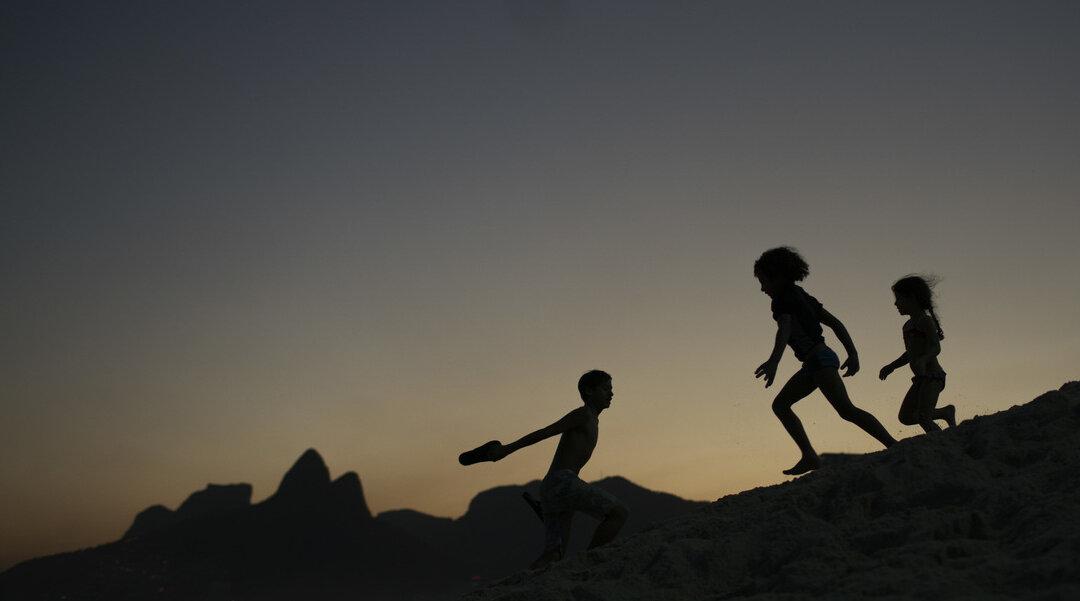More than 4,000 child exploitation cases were initiated by Homeland Security Investigations (HSI) this fiscal year, resulting in thousands of arrests and the identification of more than 1,000 victims, according to data obtained by The Associated Press.
The data represents an uptick in cases involving the exploitation of children, in part due to how easily offenders can spread graphic images of children. HSI agents and investigators initiated 4,224 such cases that resulted in 3,771 arrests and the identification of 1,066 victims.





